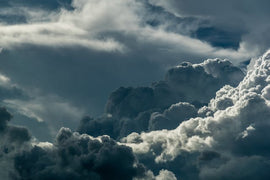CNN's Laura Paddison is reporting on the Texas wildfires.
The article discusses the alarming rise in fast-spreading, destructive wildfires across the globe, attributing this trend to climate change and its exacerbation of extreme weather conditions. Texas' Smokehouse Creek fire, the largest in the state's history, is highlighted as a prime example, having been fueled by a combination of dry conditions, high temperatures, strong winds, and highly flammable grasses. Such conditions are becoming increasingly common due to global warming, leading to more severe fire seasons not only in the US, with significant fires in California and Maui, but also in Canada, Greece, and Chile. The piece emphasizes the role of human-caused climate change in creating these conditions, pointing to hotter temperatures, longer drought periods, and possibly changing wind patterns as factors that increase the likelihood and intensity of wildfires. Scientists warn that as long as global temperatures continue to rise, the frequency and destructiveness of wildfires are expected to increase, posing greater risks worldwide.
If you are worried about the impact of climate change, we can work together to solve it. Check out our Ursa Nova marketplace to discover brands that are making a positive impact for your next shopping experience.
Source: CNN
https://edition.cnn.com/2024/03/03/climate/texas-wildfires-climate-change/index.html
(This article was written with assitance from ChatGPT)



